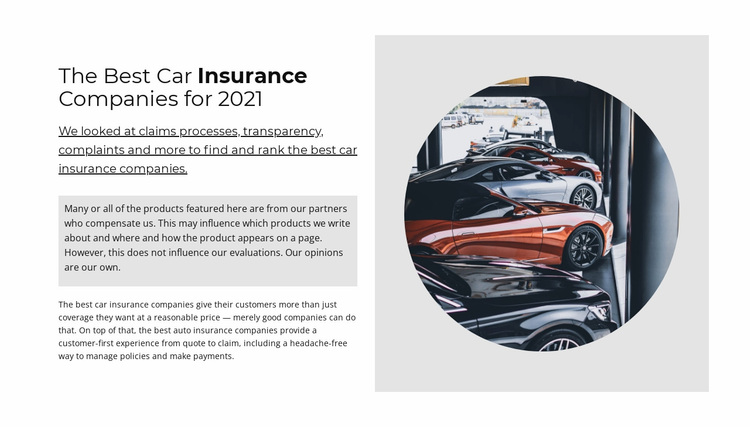
It is important to understand which plans are available when shopping for New Jersey health insurance. Some plans have premiums based on age, while others are based on location. This article will inform you about the types of New Jersey insurance plans. Additionally, you will learn how to save money and maximize your coverage.
Cost of health insurance in New Jersey
The cost of health insurance in New Jersey can vary greatly depending on your circumstances. If you are only in need of routine medical care, you may be able to choose a Bronze plan. However, if you're going to need to make frequent doctor visits or buy prescription drugs, you may want to opt for a higher-cost plan, like a Silver plan.
New Jersey's average cost for health insurance plans increased by 3% in the period 2021-2022. The most significant jump was in bronze plans. Regulations also limit the cost of New Jersey health insurance. These plans do not allow for short-term coverage and they require medical underwriting.
Different types of plans
You have many choices when it comes to purchasing New Jersey health insurance. You have two options when it comes to purchasing health insurance in New Jersey: an Exclusive Provider Organization (HMO) or a Health Maintenance Organization (HMO). HMOs are an affordable option that allows you to keep in touch with specialists and doctors. EPO plans can be more flexible and offer greater coverage.

Your income level is important when searching for New Jersey health insurance plans. Medicaid offers lower-cost coverage to low-income residents. Others may qualify for subsidized health coverage at a reduced cost or for free through a health insurance marketplace.
Premiums based on age
New Jersey law prohibits the use of age-based premiums to insure health. However, age does play a large role in the cost of health insurance. Premiums are generally lower for younger individuals and higher for older ones. Certain discounts are available based on income and age. For example, seniors can get premium tax credits and low-income people can get cost-sharing cuts. You will receive a quote when you apply to health insurance. Premiums vary between different metal tiers, depending on your age and the type of plan you choose.
Two types of New Jersey health insurance are available. The HMO (Health Maintenance Organization), is the first. Another type is the Exclusive Provider Organization (EPO). An HMO requires that you use a network doctor to get care. You have the option of visiting a different provider if your condition requires a specialist. You can visit doctors outside of your network through the EPO option.
Premiums based upon location
Prices for individual New Jersey health insurance can vary widely. It depends on what your health requirements and preferences are. If you visit the doctor regularly, the Gold plan may be the best option. This plan has higher monthly rates, but you will also be paying less for deductibles and office visits. If you are not likely to use your insurance often, the Bronze plan might be a good choice. Bronze plans are more affordable than the monthly rates, but have higher deductibles as well as copays. These plans offer the lowest cost for people who are not likely to use their health coverage.
Health insurance costs in New Jersey are based on where you live. This means that prices will be higher in certain areas than in others. In New Jersey, the average cost for a health insurance plan in New Jersey for a 40+ year-old is $583 per months by 2022. This will be 3% higher that in 2021. The IHC Silver EPO AmeriHealth Choice $45/40% policy, which costs $398 each month, is the most affordable type of health insurance for New Jerseyans. Horizon Blue Cross Blue Shield’s Value Access silver is the lowest-cost Silver plan.

Short-term plans
A variety of insurance carriers offer short-term health insurance plans. They are the best option for some people, even though the term may seem very short. For people without health insurance, or those with low-cost coverage, the short-term plan works well. However, the longer-term plan will be the best option for people who have pre-existing conditions or prescription drugs. Your individual needs will determine the cost of each type of plan.
A short-term plan is often not as comprehensive and offers limited benefits, but many people find them convenient and affordable. The coverage provided is usually related to emergency care and isn't as extensive as that of major medical health insurance. These plans can be affordable for those who need temporary coverage or are between jobs. To ensure you get the right coverage, it is worth using a comparison site.